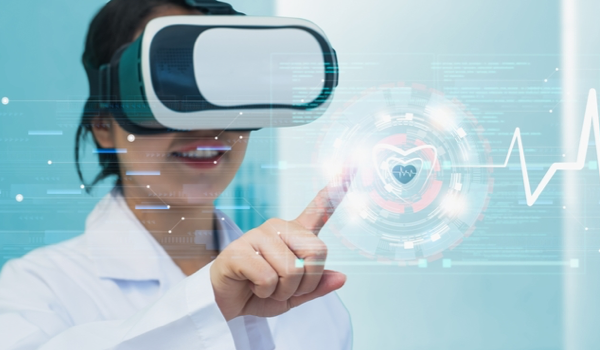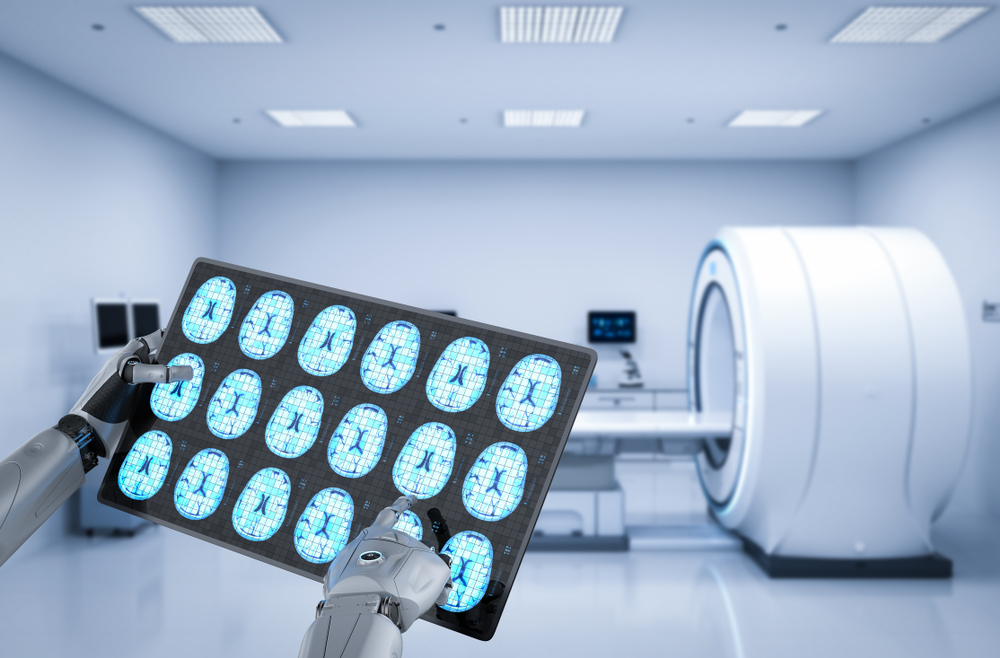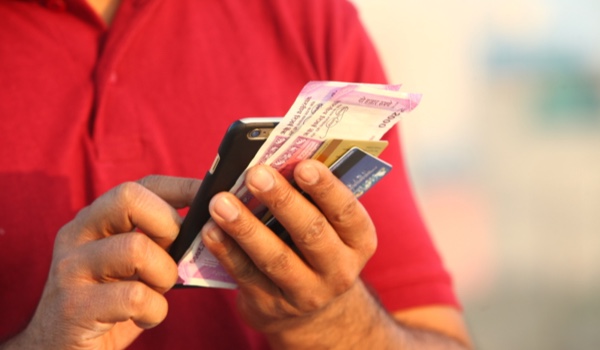


SAO PAULO - Artificial intelligence (AI) has been one of the main innovations in healthcare in the last few years, augmenting the sector with process automation, error reductions, and quality improvements. AI also helps healthcare professionals with data analytics, lesion measurements, and reduction of repetitive tasks, freeing up more time for them to devote to patient care.
As in many other parts of the world, AI is becoming more and more a part of the daily routine of hospitals, clinics, and diagnostic centers in Brazil. The main use cases are in radiology, for the detection, characterization, and management of conditions such as pulmonary embolisms, lung nodules, and brain hemorrhages, with AI speeding up magnetic resonance protocols and aiding physicians with the clinical evaluation of chronic diseases like hypertension or diabetes.
The COVID-19 pandemic prompted many of the healthcare centers and hospitals in Brazil to look for strategies to support the response to the viral outbreak. In addition to AI algorithms for the detection and quantification of the pulmonary ground-glass opacities caused by the coronavirus, many Brazilian startups were positioned to create AI solutions in Portuguese that were tailored for local needs and much cheaper than those offered by big international companies. A consortium of different players from academia, healthcare organizations, civil society, institutes, and foundations gathered and created a Big Data lake of chest radiography (CR) and computed tomography (CT) images of COVID-19 patients, powered by AI algorithms dedicated to the assessment, detection and quantification of the pulmonary findings related to the viral infection. The Institute of Radiology of the University of Sao Paulo spearheaded the initiat
The content herein is subject to copyright by The Yuan. All rights reserved. The content of the services is owned or licensed to The Yuan. Such content from The Yuan may be shared and reprinted but must clearly identify The Yuan as its original source. Content from a third-party copyright holder identified in the copyright notice contained in such third party’s content appearing in The Yuan must likewise be clearly labeled as such. Continue with Linkedin
Continue with Linkedin
 Continue with Google
Continue with Google










 1103 views
1103 views







